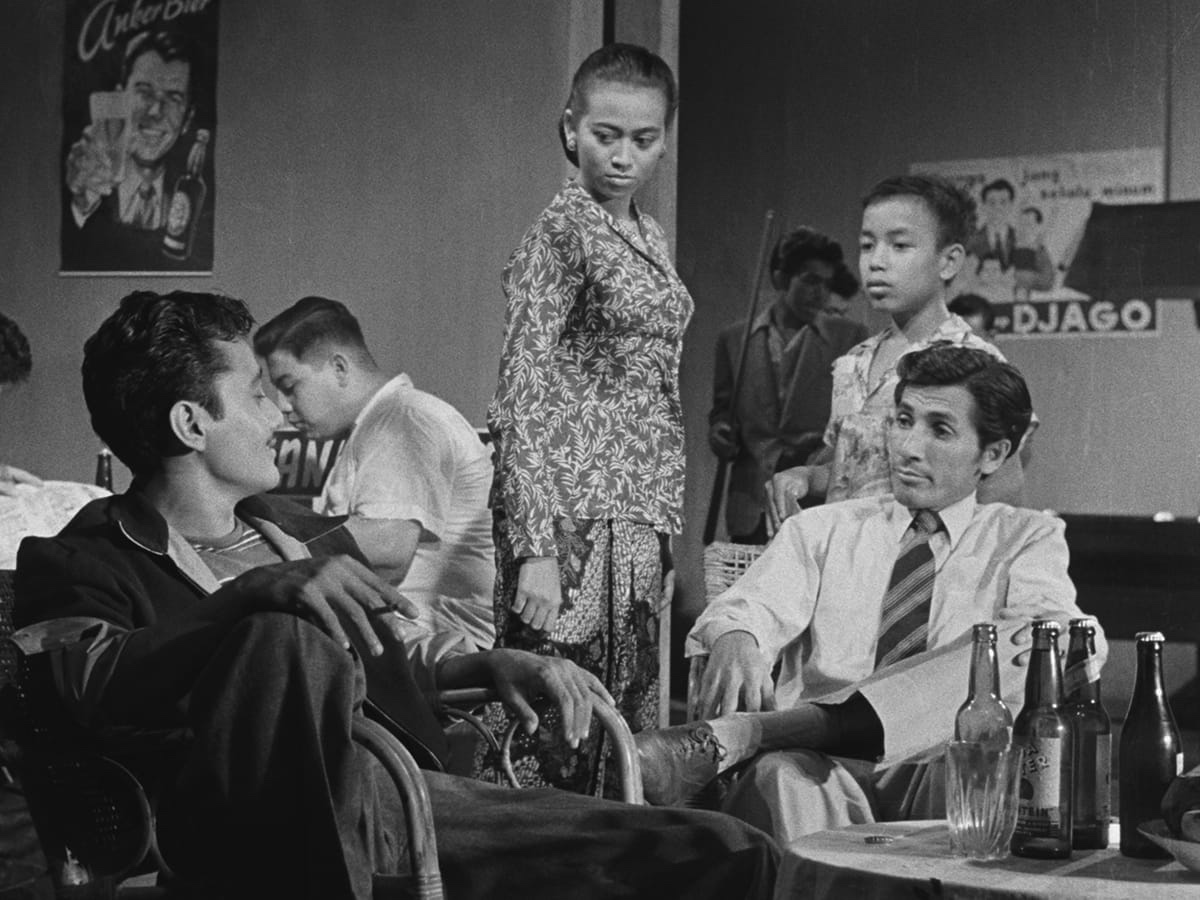by Corry Shores
[Search Blog Here. Index-tags are found on the bottom of the left column.]
[Central Entry Directory]
[Husserl Entry Directory]
No. 5
Enduring Perception as Simple Act
Paragraph 47
We previously discussed simple perceptions. A tone may sustain its qualities over a period of time. Or, it might fade-away. Its continuous disappearance might be uniform. So at every moment it will be fading at the same rate.
We might call these two sorts of perceptions “simple perceptions.” But in a sense, they are composite. For, they are made-up of discrete moments. However, what we perceive in each moment is uniform with the rest. So by ignoring the fact that one moment of time is different from another moment, we are able to consider the content of each moment to be identical. And hence we call it ‘simple’ rather than complex.
We therefore intend to accept as simple each act in which we can ascertain no diversity other than that which arises through temporal division. (161c)





.jpeg)




































No comments:
Post a Comment